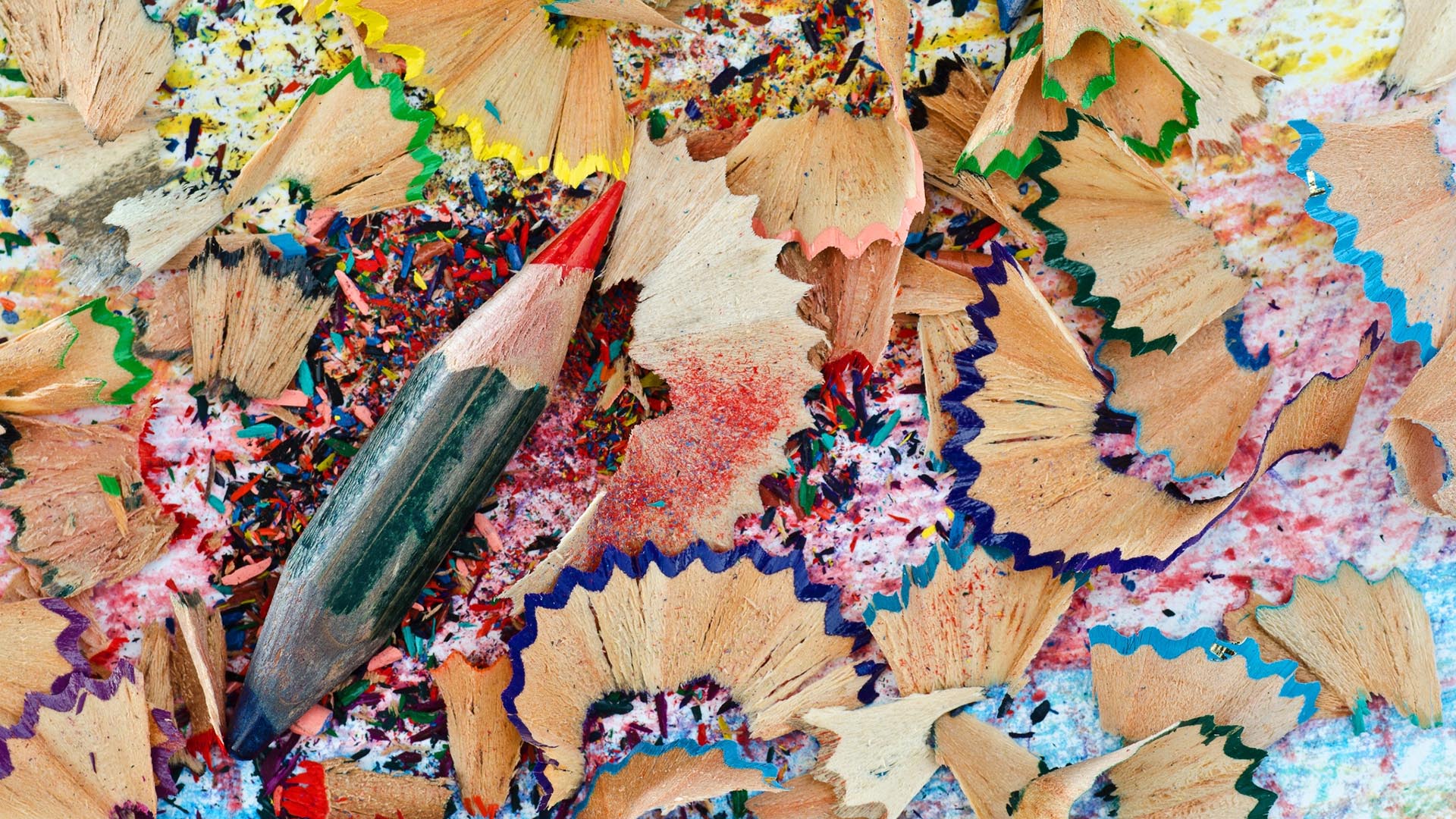Education

"We cannot teach another person directly; we can only facilitate his learning"
(C.R.Rogers, 1951)

"We cannot teach another person directly; we can only facilitate his learning"
(C.R.Rogers, 1951)
I focus my student-centred educational process on fact-finding and evolutionary needs of the group in question, also when I have a course that has established general goals and contents.
The main goal in this democratic education is to be with students while they try to express themselves in their uniqueness. If an educator can respect their natural attitude, they can take initiatives with responsibility; they can choose their own way in their decisions; they can have a critical learning about what educators suggest to them; they can use flexibility and intelligence to approach to a new problem; finally they can develop their creativity. They can express these abilities according to their own evolutionary direction while they are working in the class group.
This group experience for children was created by Barbara Sheppard Williams. She started from theories by Virginia Axline, Virginia Satir and Carl R. Rogers. She combined these theories with what she had learnt in her long experience working with First Nation. First Nation are confident in the firm ability of each person to improve and change themselves. Kids’ can help children to recognize and preserve their “person-centred-qualities”: empathy, unconditional positive regard, congruence, creativity, confidence and self-esteem. Kids’ Workshop uses creative approaches, fairy tales and play to attain its educational goal. The educator is helped by special assistants: a group of nice hand-puppets.